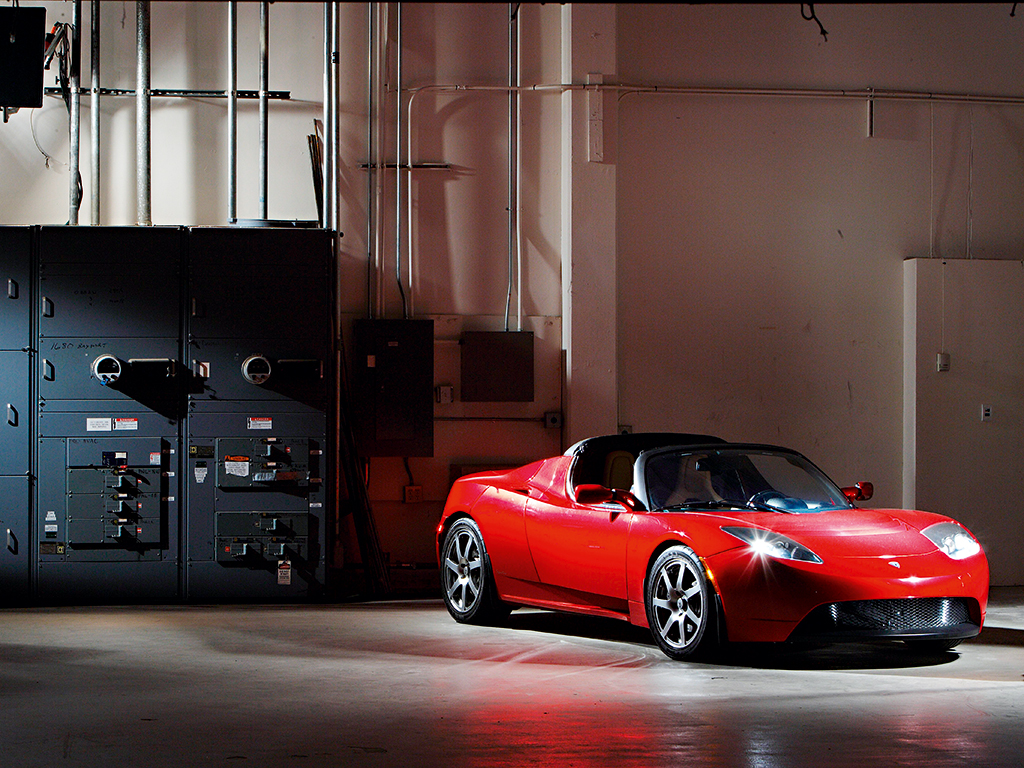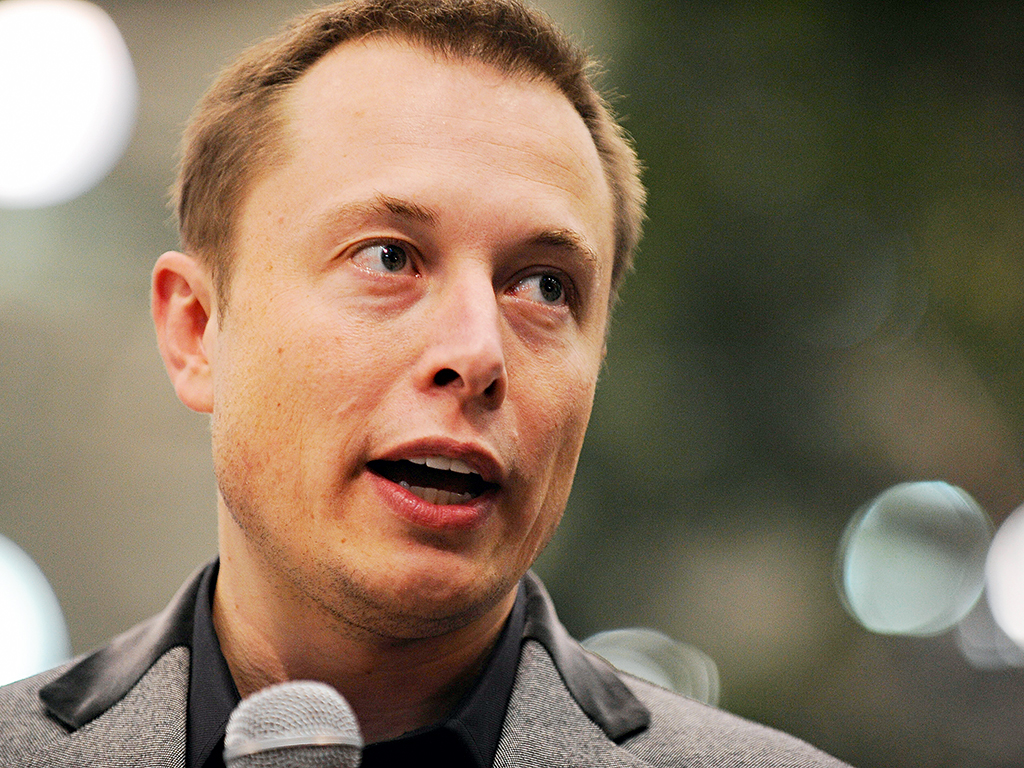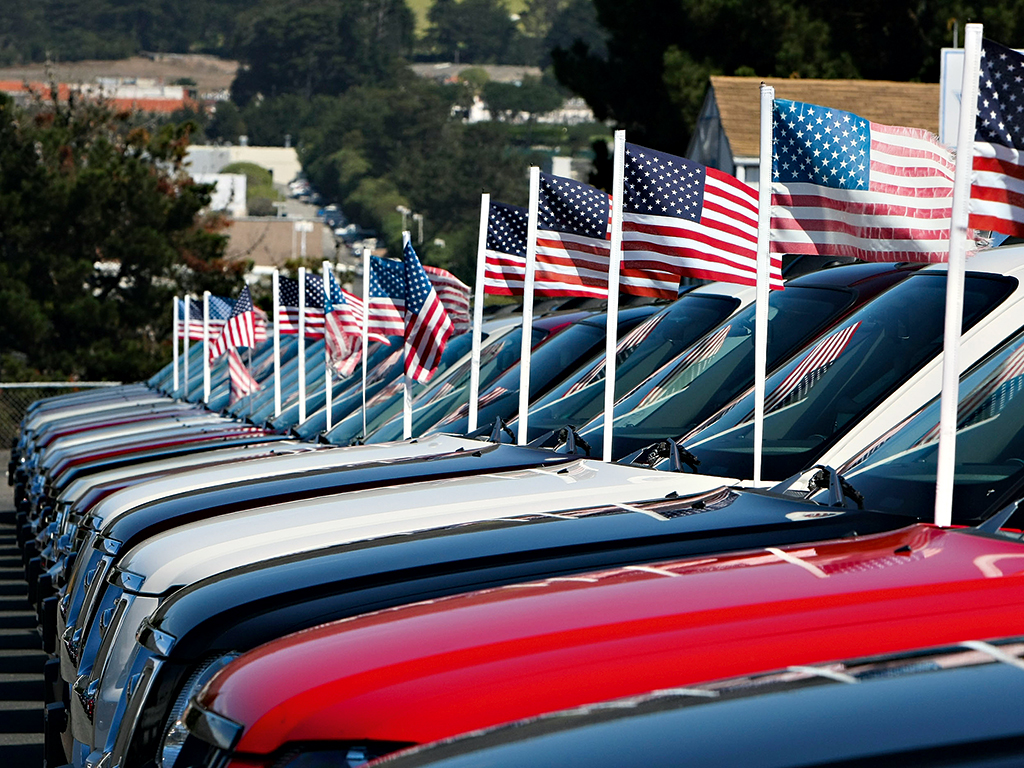Tesla’s fight with dealership monopoly rattles the car industry
In a series of state bans, car dealerships are slamming US automaker Tesla for selling its own cars. Now car makers and regulators are taking on the powerful auto dealer lobbies in a bid to revolutionise the US car industry

The Tesla Roadster, the world’s fastest electric sports car, sold approximately 2,450 units and was a flagship brand for the manufacturer
The Tesla Roadster, the world’s fastest electric sports car, sold approximately 2,450 units and was a flagship brand for the manufacturer
New ways of doing business are going head to head with traditional retail in several US state courts, as auto dealers look to ban electric car maker Tesla from selling its cars in its own direct-sales galleries. Referring to early 20th century laws, auto dealers are arguing that letting Tesla sell its own cars could be bad for the nation’s auto industry and that consumers will ultimately lose out if prevented from getting a dealership service. Tesla, on the other hand, argues direct sales are the best way for consumers to make their own, unbiased choice and that the old laws are anti-competitive.
The fight over US auto laws is not a new one. When the modern auto industry began to boom in the early 1900s, manufacturers needed a vast network of retailers to maintain sales and repairs. Lacking capital, car makers set up a network of franchised dealers, with one dealer per store, tying dealers to a single manufacturer in order to drive sales. However, manufacturers gained unprecedented power and could terminate franchises without cause. Eventually, frustrated dealers called on state legislators for protection: this led to a series of state regulations designed to protect dealers from manufacturer abuses.
15
states in which Tesla is fighting
However, the one dealer/one franchise model came under strain in later years as dealers saw the advantages of owning multiple stores. With dealerships becoming increasingly powerful and the internet threatening traditional auto sales methods in the 1990s, US auto-giants GM and Ford considered setting up their own retail networks. This prompted an extreme backlash from dealers and the plans were quickly abandoned. In addition, dealers lobbied for the tightening of state franchise laws to define a dealership as having a physical facility – as opposed to online sales – and further limited manufacturer ownership of retailers. This essentially gave auto dealers a unique set of protections that no car maker can match.
Taking out the competition
With all that power built into the law, it raises the question, why are auto dealers bothering to lobby against a startup that only sold about 22,450 cars last year?
The answer is relatively simple. Tesla’s direct-to-consumer business model makes the monopolies created by the dealer system obsolete, and cuts out the middleman: the dealer. The simple buying concept is part of Tesla’s new forward integration, a business strategy aimed at a new generation of customers who are eager to avoid the expenses and frustrations associated with traditional car dealers. Basically, it’s about customer service, says Tesla. The firm argues the old laws are aimed at existing dealers, franchised through existing car makers – not a new manufacturer with a whole new way of selling cars.
“Consumers appreciate the choice, and what we’re asking for is for consumers to have that choice,” said Tesla CEO Elon Musk in a post on the company’s website. “It’s a fair deal that manufacturers should not be able to compete directly with dealers. But we do not have any franchises. These dealers do not have any legitimate claim against us. When all auto-manufacturers sold through a franchise, this law was not a problem, but that does not translate to why a new car manufacturer like Tesla should be forced to sell through them.”
However, the dealerships argue that protecting consumers from engaging directly with automakers such as Tesla is more consumer-friendly, because independent dealers are invested in the local communities and are therefore more eager to help with warranty concerns or repairs. Similarly, the car-dealer lobbyists claim Tesla’s sales model is unfair competition to their traditional sales model, as it allows customers to test drive vehicles and then conduct the purchase online, without having to negotiate a price on the spot.
States banning Tesla sales
According to state law, customers can look at a car in a manufacturer’s showroom or gallery, but they can’t test drive it. The Tesla employee can explain the technology, but cannot discuss price, take orders or direct the customer to the company’s website, making a direct-to-consumer sale impossible. This system is enforced in five states already, including Texas, Maryland, New Jersey, Virginia and Arizona, where dealership lobbies have managed to prohibit Tesla’s new business model.
What’s more, Tesla is facing state-by-state legal battles in New York, Ohio and 14 other states, where car dealers are also petitioning for a ban on Tesla’s sales approach. The dealers fear their car sales monopoly will come under pressure if Tesla gains ground with its new sales method: a sales form that could snowball as it appeals to the broader auto industry and change car sales for good.
“Dealer networks are trying to protect their investments. Tesla doesn’t matter that much in this respect – they don’t really sell enough cars to make a difference. The dealers’ concern lies with other manufacturers getting the same idea and challenging the fractured monopoly that dealerships have,” explains Professor Peter Wells, co-director of the Centre for Automotive Industry Research at Cardiff University.

At the time of writing, Tesla was in a Massachusetts courtroom for the third time running. The Massachusetts State Automobile Dealers Association claims Tesla’s direct sales model is against the law, and is fighting to keep its control of state auto sales. Up to this point, judges have dismissed the MSADA, saying the dealers are trying to stop competition and not standing up for the consumer.
Robert O’Koniewski, Executive Vice President of the MSADA, told The Boston Globe his organisation was “trying to make sure that laws and regulations that are already in place are being followed”.
“We see Tesla’s model as anti-consumer activity. The marketplace should enhance competition,” he added.
However, Tesla’s Vice President of Business Development, Diarmuid O’Connell, disagrees: “A company proceeding with free market principles is being barred from going about business. The only reason is that that’s the way it’s always been,” he told The Boston Globe.
By banning the direct-to-sales method, the dealership lobbies are hoping to force Tesla to sell its cars through dealers. However, dealers will not be selling Tesla cars anytime soon, as Tesla refuses to sell its cars in New Jersey following the ban, rather than be forced to use franchises. What’s more, the firm has made it clear that a similar tactic will be implemented in Massachusetts should their business model be banned there too. In this respect, the state-by-state cases and refusal to let Tesla cars become franchised are becoming a head-on battle with the power of auto dealership lobbies.
It’s all about the money
A change in auto laws would not only cut into car dealer revenues, but also seriously
dent the state piggy bank. Auto dealers chip in about 20 percent of a state’s sales: Tesla’s small revenue won’t be able to replace that type of funding.
Tesla announced it intends to build a $5bn battery factory either in Texas, New Mexico, Nevada or Arizona
What’s more, auto dealers are irreplaceable when it comes to funding political campaigns. With officials in both parties receiving massive dealership donations, it’s no surprise the various bans on Tesla’s business model have had an easy ride through the US judicial and political system – despite the laws in question being largely considered outdated and anti-consumer. A good example of this is how New Jersey Governor Chris Christie managed to circumvent courts and the public by signing into law a ban on Tesla’s direct-to-consumer sales model at the behest of his state’s powerful auto dealership lobby.
However, the car dealers might be getting a run for their money, because Tesla has a billion-dollar ace up its sleeve. In February, Tesla announced it intends to build a $5bn battery factory either in Texas, New Mexico, Nevada or Arizona. With the factory potentially creating 6,500 jobs for any of these states, politicians could be looking to scrap the old auto laws in the hope this will lure Tesla to choose a location in their state. Texas Governor and former presidential candidate Rick Perry has said the state’s law is antiquated, while San Antonio Mayor Julian Castro tweeted the law should be changed, in the hope of bringing thousands of jobs to his city. Arizona lawmakers are also considering changing their law as part of an incentive package to land the battery plant.
Regulators and industry unite
Tesla isn’t the only manufacturer looking to circumvent state laws on car retail. Chrysler’s new owner Fiat recently took on California’s car dealers for the right to operate non-franchise ‘retail laboratories’ for its Fiat 500 city cars. Online seller sites such as TrueCar, eBay and Groupon have also butted heads with dealerships after trying to introduce new-car sales, while major automakers have announced interest in online sales too. In particular, manufacturers want to move in on the realm of service, where dealers have had a monopoly on profitable repairs.
“It would take a lot to make a change in the industry. However, there is clearly a trend that manufacturers want to get a slice of the retail revenue gained through life-time services like safety and repairs for instance,” explains Wells. “Manufacturing just isn’t earning enough money these days, so this is a lucrative area for them.”
More importantly, Tesla recently got crucial support from the US Federal Trade Commission after three directors called the ban on direct sales of cars in several states “bad policy”.
The blog post said: “How manufacturers choose to supply their products and services to consumers is just as much a function of competition as what they sell – and competition ultimately provides the best protections for consumers and the best chances for new businesses to develop.

“FTC staff have commented on similar efforts to bar new rivals and new business models in industries as varied as wine sales, taxis and healthcare. We have consistently urged legislators and regulators to consider the potential harmful consequences this can have for competition and consumers… Our point has not been that new methods of sale are necessarily superior to the traditional methods – just that the determination should be made through the competitive process.”
Bigger change underway
Tesla’s case against the dealership monopoly could be gaining unprecedented traction. This follows the outcries in the early 2000s when US automakers such as GM were struggling to stay above water. At the time, many manufacturers said the dealer system had prevented them from matching supply with demand – essentially handcuffing car makers to a downward retail spiral that would later lead to the bankruptcy of GM. If, for instance, a manufacturer such as GM wanted to get rid of the Oldsmobile and start promoting newer models, they’d first have to disenfranchise hundreds of Oldsmobile dealers. No easy feat with today’s protectionist auto laws.
“The dealership laws are anti-competitive, they basically give dealerships a mini-monopoly. It’s justified because dealers say it ensures long-running safety and life-time services, but this system will have to change,” argues Wells, adding a change to auto laws might even be necessary in order to keep the auto industry competitive. “The era for traditional car sales is essentially over and the way we sell cars has to change along with consumers. Now, consumers want zip-cars, rentals and want to be able to buy online. US state regulation will be a hindrance to the automotive industry, as these far bigger changes come into play.”
Only time will tell whether Tesla will win over the dealer lobbies. The crucial matter now is how large an impact the old dealership model is having on the auto industry. With the demise of major auto-making cities such as Detroit, federal politicians would do well to avoid manufacturers slipping into the red – and if state laws are the cause, they may very well become a thing of the past.













